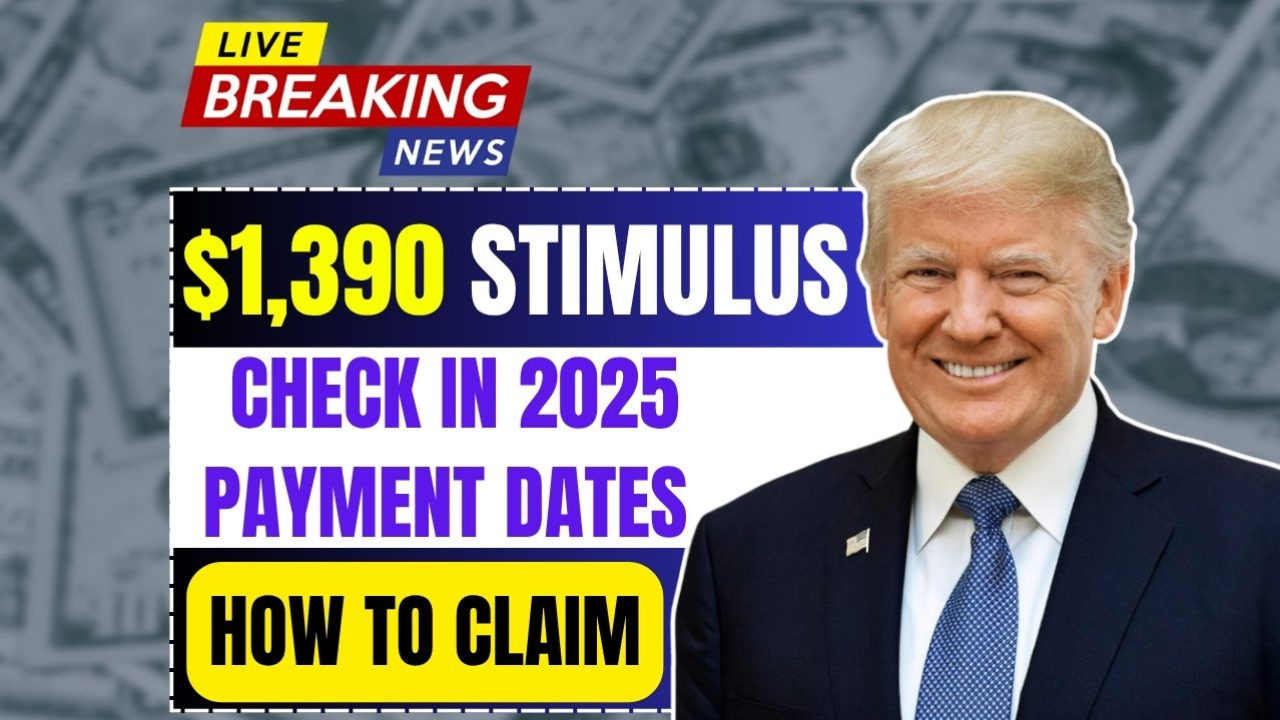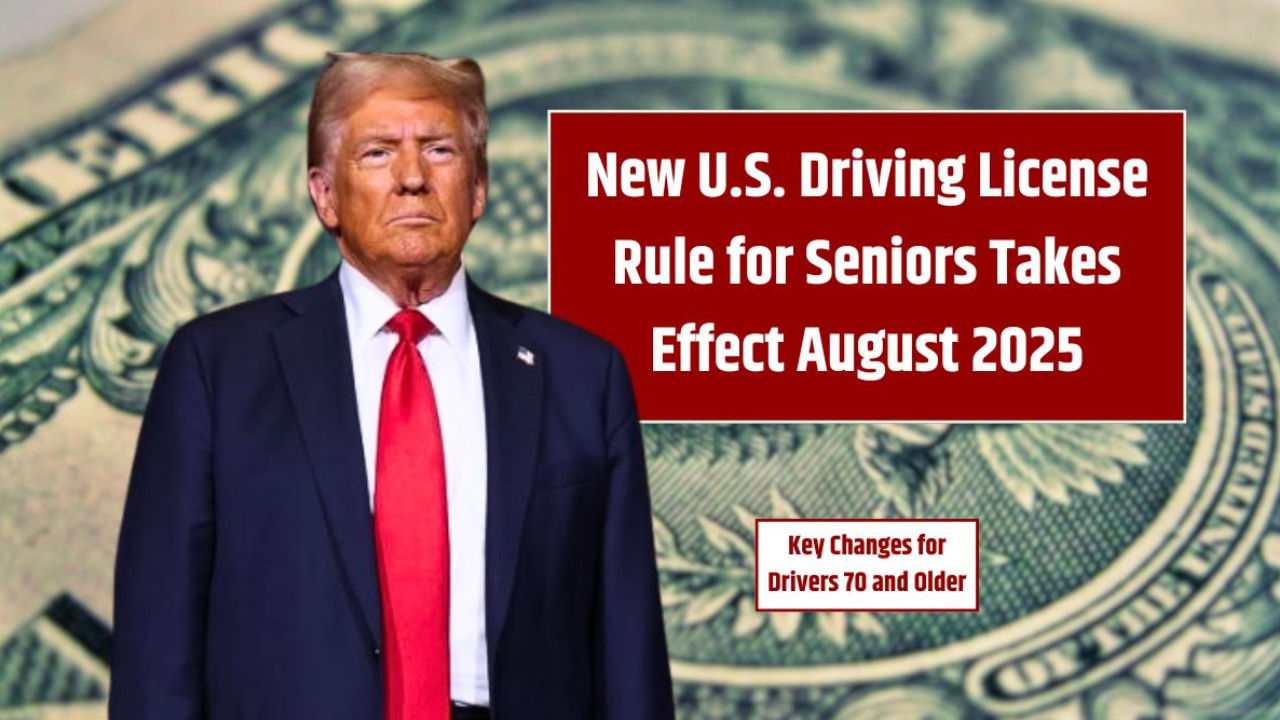Struggling with rising costs? There’s some relief coming for millions of Americans.
As prices continue to rise and families struggle with inflation, there is a ray of hope in the form of $1,390 stimulus checks approved for distribution in 2025. This relief package aims to help low- and middle-income families, seniors, and families with dependents most impacted by economic uncertainty. If you’re wondering if you’re eligible, when you’ll get it, or how to claim it, this article breaks it all down with a human touch.
What is The $1,390 Stimulus Check?
The $1,390 stimulus payment is part of a broader economic relief initiative being rolled out in mid-2025. It is designed to mitigate the impact of rising living expenses, increased utility bills, and ongoing inflation, especially for people who live paycheck to paycheck.
Unlike previous lump-sum payments, this stimulus payment includes targeted eligibility criteria, ensuring the money reaches those who need it most.
Who Is Eligible For The $1,390 Stimulus Check?
Who is eligible for this relief:
- Individual taxpayers
- Annual income less than $75,000
- Reduced amount for income between $75,001 and $99,000
- Not eligible for income over $99,000
2.Married couples filing jointly
- Those with combined income under $150,000 will get the full amount
- Phased-out amount between $150,001 and $198,000
- No payment if income is over $198,000
3.Heads of household
- Those with income under $112,500 are eligible for the full payment
- Gradually phased out up to $136,500
4.Dependents
- Additional $500 for each dependent under the age of 17
- College students claimed as dependents are also eligible for extra help
5.Social Security recipients
- Seniors receiving SSI, SSDI, or Social Security retirement payments are eligible, even if they don’t file taxes
6.Low-income non-taxpayers
- If your income isn’t high enough to file a tax return, you may still be eligible by using the IRS non-filer tool or the Direct Enrollment portal.
When Will Payments Be Made?
According to the Internal Revenue Service (IRS) and the U.S. Treasury Department, payments are expected to begin in phases:
- Phase 1 (early July 2025): Direct deposits will begin for taxpayers who provide bank details.
- Phase 2 (mid-to-late July 2025): Paper checks and prepaid debit cards sent by mail.
- Phase 3 (August 2025): Payments for people who applied late or need to verify eligibility.
Most people should have funds in their accounts by the end of July 2025, provided they meet eligibility and the IRS has their information up to date.
How To Claim Your $1,390 Stimulus Payment
If you’re eligible, here’s how to make sure your payment gets to you:
1.Did you file taxes in 2023 or 2024?
- No action is needed. The IRS will use your latest tax return to determine your eligibility and payment method.
2.Did you not file?
- Use the IRS Free File tool to submit a simple return.
- Use the non-filer sign-up tool (especially for Social Security recipients and low-income families)
3.Update your information
Make sure your mailing address and direct deposit details are up to date on the IRS website or through your SSA account if you’re a Social Security beneficiary.
4.Track your payment
The IRS’s “Get My Payment” portal will be reactivated to help citizens track when and how their money is arriving.
Frequently Asked Questions (FAQ)
Question 1: Is the $1,390 stimulus taxable income?
No, like previous stimulus payments, it is not considered taxable income and does not affect your refund or tax liability.
Question 2: What if I have a child or a new dependent in 2025?
You can claim your dependent when you file your 2025 tax return. If you did not qualify for the additional $500, you may be eligible for the Recovery Rebate Credit.
Question 3: Will I receive a stimulus if I only receive VA or SSI benefits?
Yes. The IRS is coordinating with the SSA and VA to ensure automatic payments to eligible people.
Question 4: What if my check is lost or delayed?
Use the IRS payment tracker or contact their EIP Help Center to trace a payment or request a replacement.
Question 5: Can immigrants or non-citizens receive the stimulus?
Only U.S. citizens, green card holders, or resident aliens with a valid Social Security number are eligible.
Final Thoughts
In tough times, a little bit of financial relief can go a long way. The $1,390 stimulus check is more than just money—it’s a step toward economic security for families across America. Whether it covers rent, groceries, or school needs, this payment is designed to ease the burden for many.
If you’re eligible, don’t wait long to get what you’re entitled to. Make sure your information is up to date, check your IRS portal regularly, and keep an eye on your mailbox or bank account.
Help is coming—and for millions of Americans, it couldn’t come at a better time.





